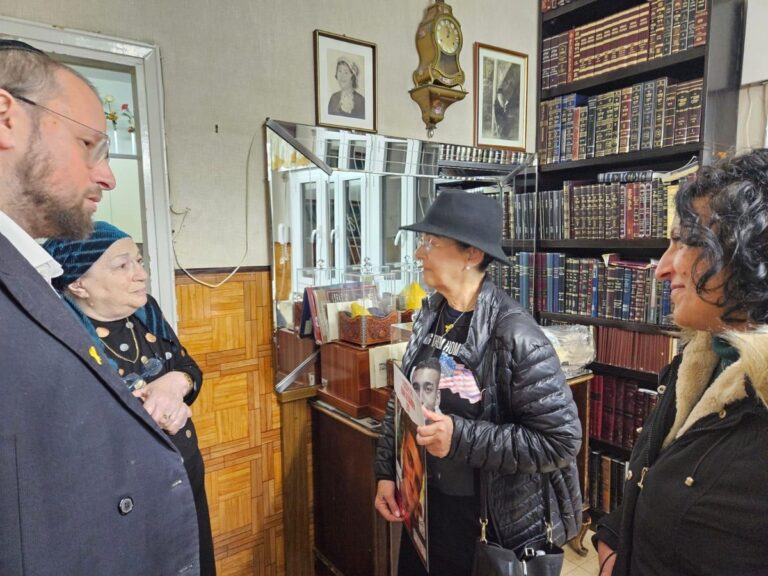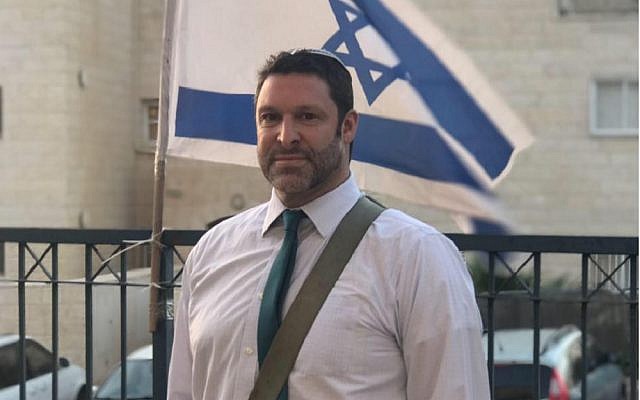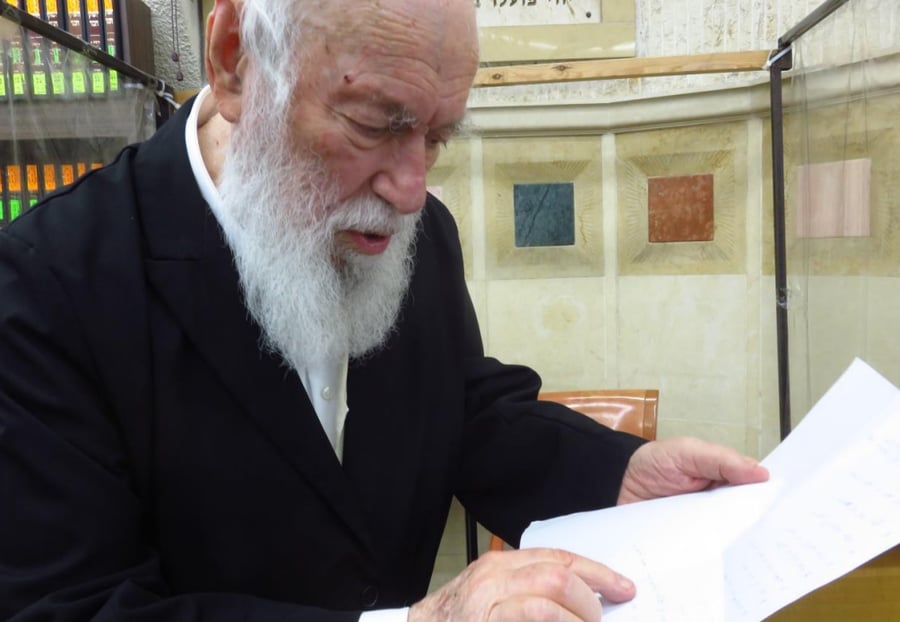 To state Sen. Robert W. Singer, it’s a way of ensuring justice for families of slain children, police officers and victims of mass murder.
To state Sen. Robert W. Singer, it’s a way of ensuring justice for families of slain children, police officers and victims of mass murder.
To Sen. Raymond Lesniak, it’s something that will not deter those killings, or any others.
But regardless of where you stand on the issue of the death penalty — abolished in New Jersey in 2007 — there is no political groundswell for a return to capital punishment in New Jersey any time soon.
Singer has introduced a bill to bring back the death penalty for those convicted of certain capital crimes — including the murder of police officers and children under the age of 14. He said the contentious, divisive bill has the support of Gov. Chris Christie, a fellow Republican — but even so, it’s an emotional issue in an election year.
But there’s another glaring consideration: During the 24 years in which it was on the books in New Jersey — at a cost to the state over that time of about $253 million, according to a 2005 report from New Jersey Policy Perspective — the death penalty was never imposed.
The last time anyone was put to death in New Jersey was in 1963. The only death row inmate to be “executed” since then was killed not by the electric chair or lethal injection, but by another inmate. Robert “Mudman” Simon was kicked and stomped to death in September 1999 by Ambrose Harris, who also was on death row.
And not everyone in law enforcement agrees that the death penalty is effective.
All this has made capital punishment in New Jersey the subject of a political impasse fueled by strong emotions, political considerations and debate about whether some lives are more important than others.
One thing Singer feels strongly about is that anyone who kills a police officer should be put to death. In Lakewood, where Singer is a former township committeeman and mayor, Officer Christopher Matlosz, 27, was shot and killed in his patrol car.
Matlosz had stopped his car to speak to Jahmell W. Crockam about 4 p.m. on Jan. 14. Crockam, 19, of Lakewood, has been indicted in Matlosz’s murder. Matlosz, of Manchester ter, was the first officer shot to death in the line of duty in Ocean County, authorities have said.
Singer said he believes Crockam, if convicted, should be able to face the death penalty, even though his legislation could not be made retroactive even if it became law tomorrow.
“The people who protect us are front-line defenders,” Singer said.
About two weeks after Matlosz’s death, Singer, R-Ocean, introduced his bill to reinstate the death penalty for those convicted of the murder of on-duty police officers and children under the age of 14.
The bill would also cover those who perpetrate mass murders or terrorist attacks resulting in more than one death.
“I think right now, if that bill came up in the Senate to reinstate it, it would pass,” Singer said.
But so contentious and divisive is his bill that state Senate President Stephen M. Sweeney flatly told Singer during the annual state Chamber of Commerce trip to Washington in late January that he would not even post it.
Lesniak, D-Union, agreed that Singer’s bill has little chance of going anywhere in the Legislature as things stand now. He was the primary sponsor of the bill to abolish the death penalty in New Jersey.
“It’s not going to bring back the life of the slain officer,” Lesniak said. “It would not have deterred his murder or any other murder.” That provides little comfort to Kelly Walsifer, Matlosz’s fiancee.
“I believe bringing back the death penalty for cop killers will make communities safer,” Walsifer said. “For anyone to kill a cop, justice should be served.” Part of the impasse over capital punishment in New Jersey is that it’s an emotional issue in an election year. Unfortunately, Singer said, that’s politics — but it doesn’t make the need any less crucial.
“You had in the month of January of this year — nationwide — 10 police officers were murdered,” Singer said. “In 2010 — the whole year — 43 were murdered. In just one month, we had 10 murdered.” Singer said that even among his colleagues in the Legislature — including those who co-sponsored the legislation that ended the death penalty — there is a sense that more needs to be done to shore up that blue line separating civilization from chaos.
At least one legislator, Singer said, has privately told him that he would reverse his previous stance against the death penalty and vote for the Singer bill if it came up for a vote.
Gary L. Przewoznik, president of Lakewood Policemen’s Benevolent Association Local 71, said law enforcement would appreciate that kind of support.
“Bringing back the death penalty may help deter criminals from committing violent crimes — and at this point, law enforcement can use all the help we can get,” Przewoznik said.
For Singer, the debate is personal.
His wife, Caryl, lost her grandfather to homicide more than 40 years ago. In 2003, Singer’s then-29-year-old daughter, Sarri, was nearly killed when a suicide bomber blew up the Jerusalem bus she was riding on, killing 16 people. She was four seats from the bomber, her father said.
The 1982 statute that reinstated the death penalty in New Jersey the last time around was written by Caryl’s father — former state Sen. John F. Russo Sr., a Democrat, who represented Ocean County for 18 years and served as senate president from 1986 to 1990.
Russo’s 77-year-old father was murdered in his Asbury Park home on New Year’s Eve 1970 by Daniel Brewer, who came to the door looking to rob the family and fired seven shots into the living room as Russo’s brother was slamming the door. At the time, the future state senator was an assistant Ocean County prosecutor.
After his conviction, Brewer was given a life sentence.
In 2006, Russo was the only one of 13 members on the state’s death penalty commission to vote against a recommendation to abolish the death penalty.
“Was my wife’s grandfather’s life any less important than the life of someone else? The answer is absolutely not,” Singer said. “His life was just as important. He was taken, stolen from my wife’s family. . . . I feel for that.” Nevertheless, Singer said, he must deal in political realities.
Getting a Legislature controlled by Democrats to reverse itself on abolishing the death penalty would not sit well with the party’s liberal base in an election year, he contends. Under the circumstances, Singer said he thought narrowing the bill to apply only to cop and child killers was the best way to get broad bipartisan support.










